Ovarian cancer is often called the "silent killer"—its symptoms are so vague that they frequently go unnoticed. In Bangladesh, this silence is even more deafening.
In Bangladesh, the situation is particularly concerning. According to WHO data, 2,231 women died from ovarian cancer in 2020. Yet the disease remains underdiagnosed, underfunded, and poorly understood by the public.
The study reveals that most women seek treatment only when the disease has already progressed significantly. Diagnostic facilities are largely unavailable outside major cities, making access to care extremely difficult—and expensive—for women in rural areas. Modern treatment options like targeted therapy and genetic testing are practically nonexistent.
This delay in seeking care is not due to negligence, but rather a lack of awareness, financial dependency, and deep-rooted social barriers. In many cases, women require their husband’s permission or financial support to access treatment. Some are even abandoned by their families once diagnosed, forcing them to stop treatment altogether.
The Covid-19 pandemic worsened the crisis, delaying treatments and amplifying mental health struggles.
Still, there is a glimmer of hope.
Experts emphasize that survivors of ovarian cancer can become powerful advocates. With proper training, local health workers and nurses can also play a crucial role in spreading awareness. Men must be engaged—not just as decision-makers but as supportive partners in this fight.
Change is possible—if the government acts. Countries like Uzbekistan and Zambia already cover the full cost of ovarian cancer treatment. Bangladesh can do the same. This will require increased healthcare funding, a national cancer registry, and expanded gynecologic oncology services across rural areas.
Ovarian cancer is not just an issue for elite hospitals in Dhaka; it is a national crisis. Solving it will require grassroots awareness, community-based action, and strong political will.
On this World Ovarian Cancer Day, we must go beyond symbolic gestures. We need real change—policies that guarantee accessible and affordable treatment for every woman, no matter where she lives.
If not now, when?
Rafe Sadnan Adel is director at World Ovarian Cancer Coalition.




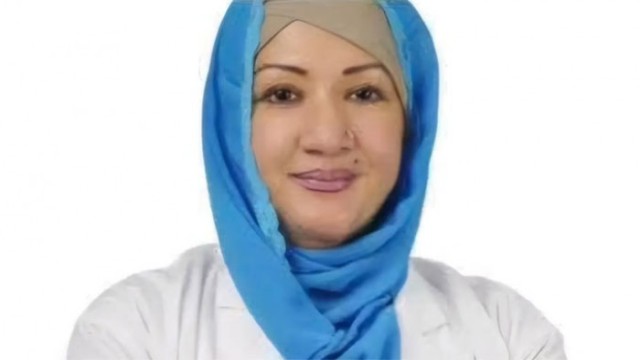
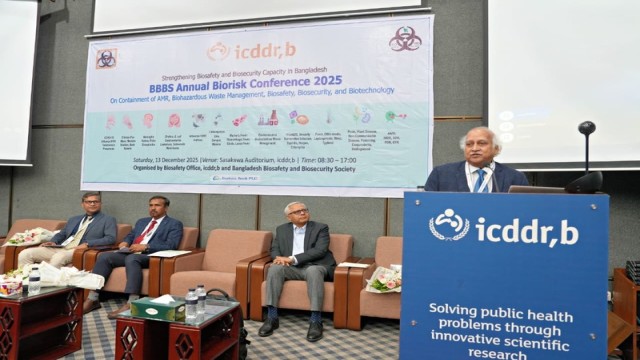
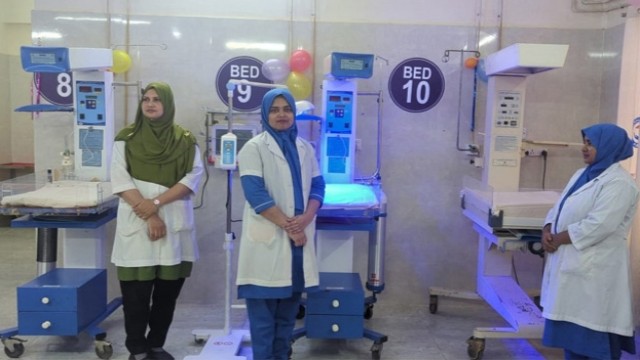
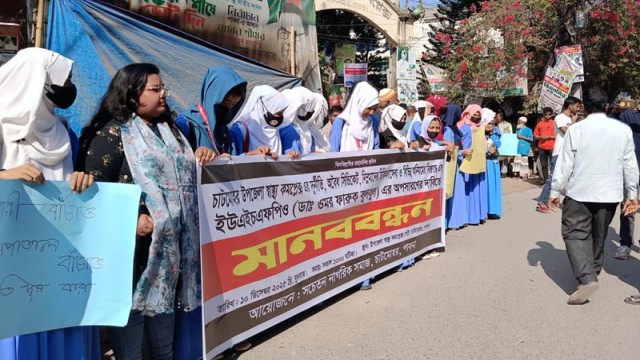
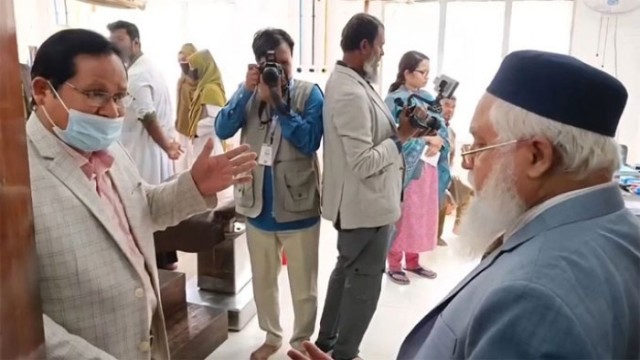
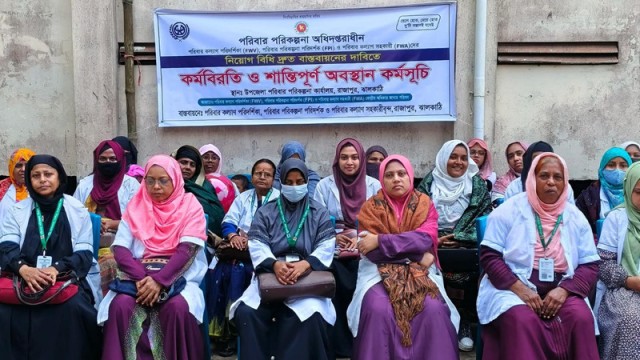


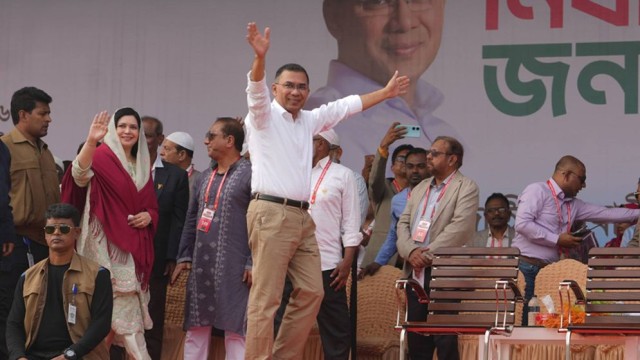
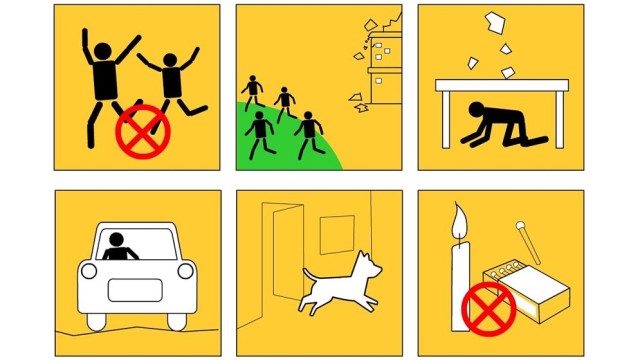
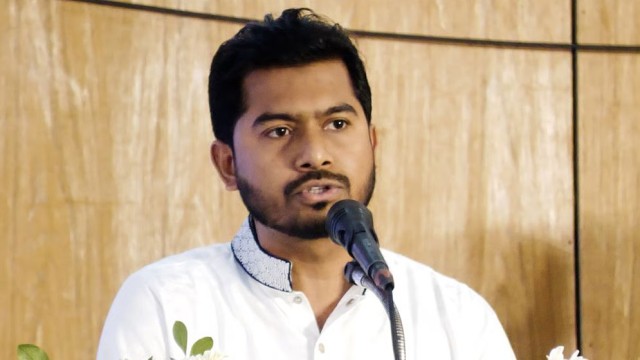

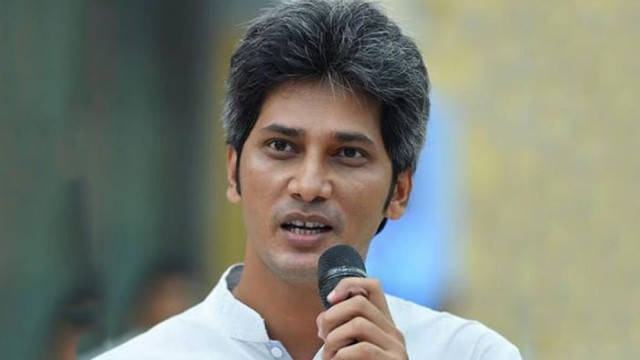
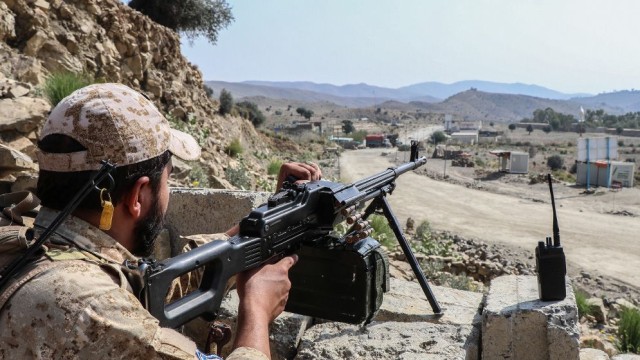







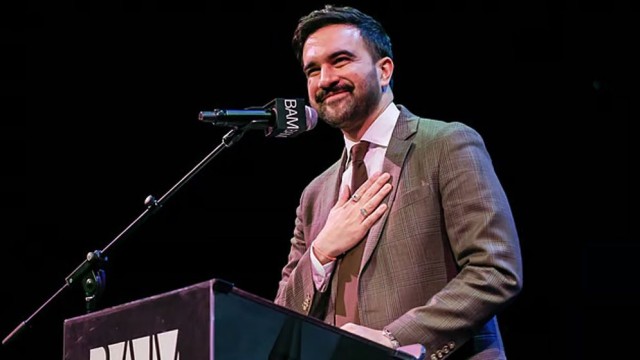

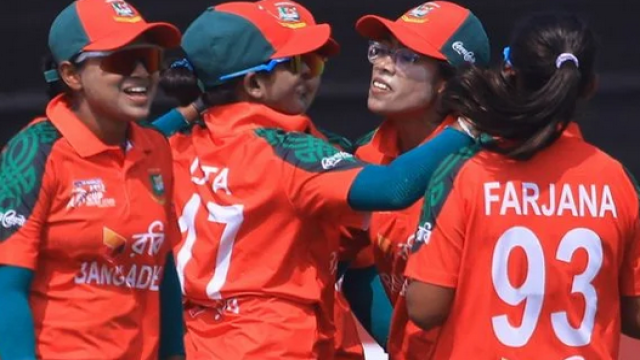



Comment: